 Round Robin Blog Hop Feb. 20 - Where do you get your ideas for stories?
Round Robin Blog Hop Feb. 20 - Where do you get your ideas for stories?
This year is moving at the speed of light – February is almost over and I’m just getting used to writing 2021 on things and crossing off things I need to get accomplished before, hopefully, life gets back to something more like normal. But, back to the question above – where do I get my ideas?
XX
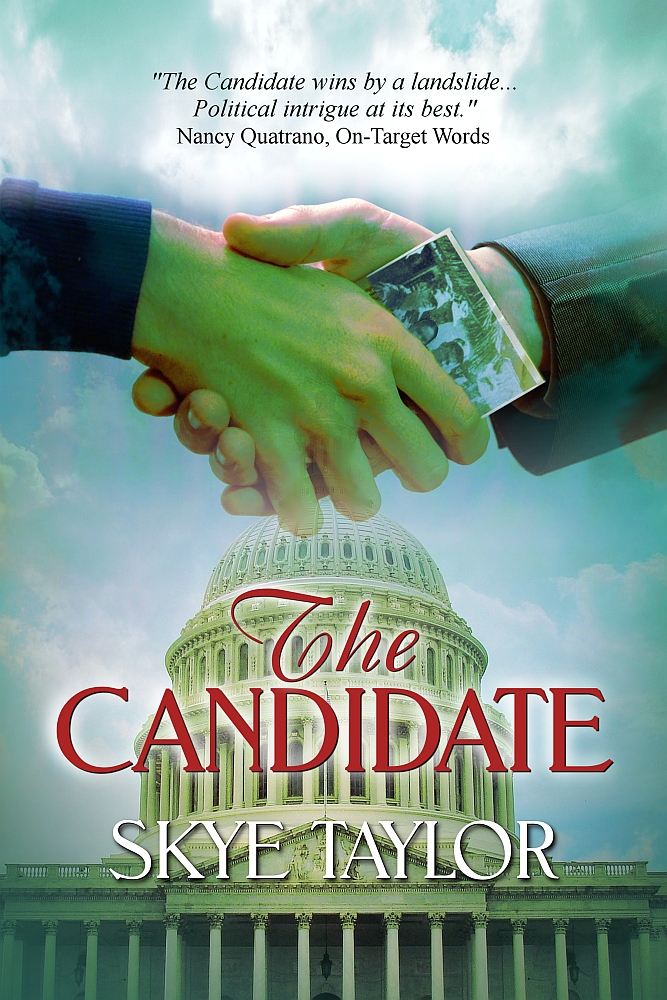
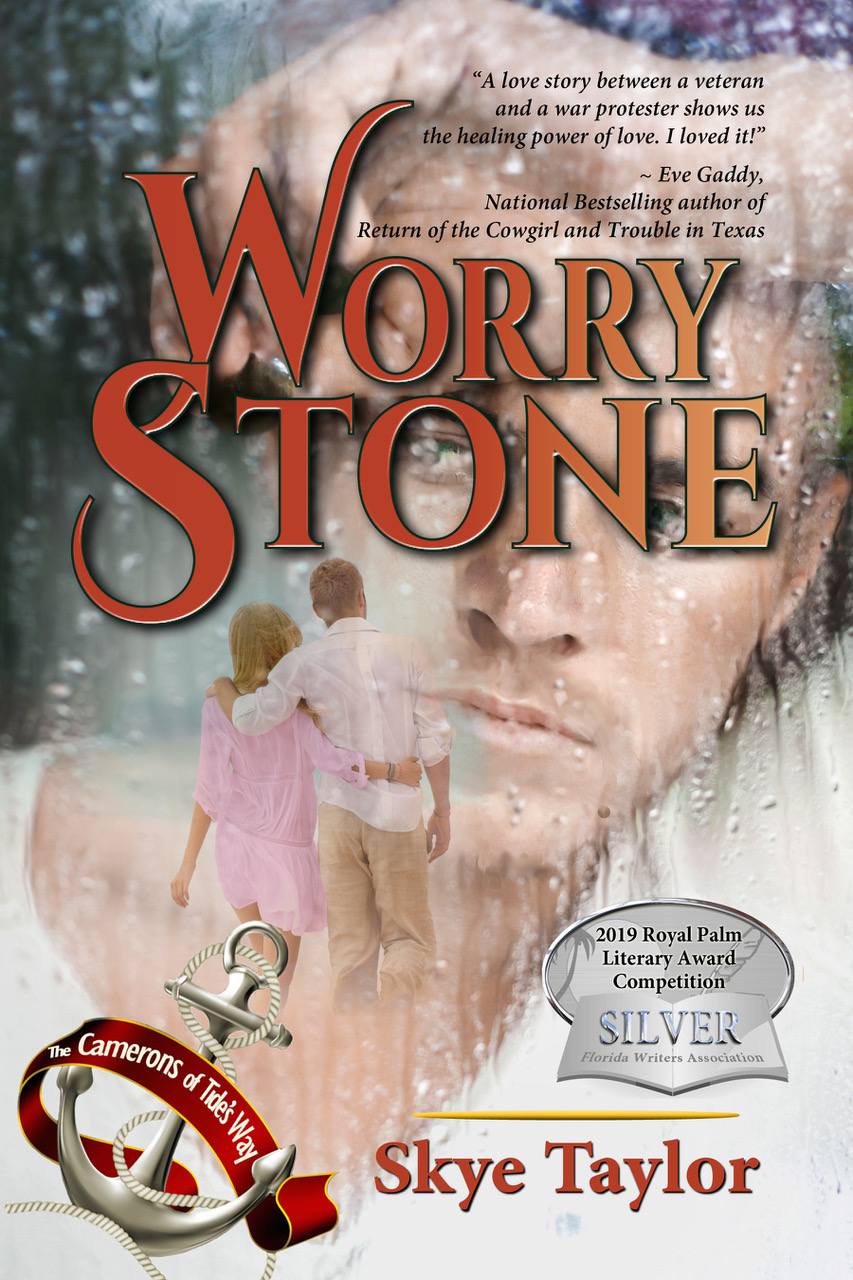 Two of my books, one a mainstream political intrigue and the other part of a romance series both have Vietnam Veterans as the main character: one coping with the return to civilian life amidst the chaos of a country divided over that war and the other revisiting emotions and grief he thought he’d left behind years ago. The second (The Candidate) came to me after I’d been to see the stage play Miss Saigon, the first (Worry Stone) after spending a night with my brother stretched out in front of a fire with more than enough beer in our systems while Scotty shared some of the anguish his experiences visited on him.
Two of my books, one a mainstream political intrigue and the other part of a romance series both have Vietnam Veterans as the main character: one coping with the return to civilian life amidst the chaos of a country divided over that war and the other revisiting emotions and grief he thought he’d left behind years ago. The second (The Candidate) came to me after I’d been to see the stage play Miss Saigon, the first (Worry Stone) after spending a night with my brother stretched out in front of a fire with more than enough beer in our systems while Scotty shared some of the anguish his experiences visited on him.
XX
 My time travel story grew out of a sailing trip to explore a now abandoned island off the coast of Maine that has a history predating the arrival of the pilgrims in Massachusetts. Being something of a history nut, I wanted to see this scrap of land, and once out there, wondering about the men and women who once lived and worked there, I stood at the edge of a very large cellar hole gazing down at the sparkling blue water of the harbor. When the big chunk of granite wobbled, I jumped back, not wanting to fall and get hurt. But later, on the sail home, my writer’s brain kicked in and I asked myself the question, “What if I had fallen and hit my head, then woke in a different century?” And Iain’s Plaid was born.
My time travel story grew out of a sailing trip to explore a now abandoned island off the coast of Maine that has a history predating the arrival of the pilgrims in Massachusetts. Being something of a history nut, I wanted to see this scrap of land, and once out there, wondering about the men and women who once lived and worked there, I stood at the edge of a very large cellar hole gazing down at the sparkling blue water of the harbor. When the big chunk of granite wobbled, I jumped back, not wanting to fall and get hurt. But later, on the sail home, my writer’s brain kicked in and I asked myself the question, “What if I had fallen and hit my head, then woke in a different century?” And Iain’s Plaid was born.
XX
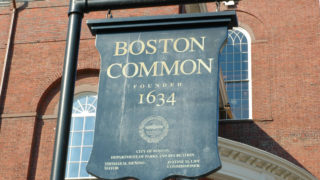 Because I enjoy reading about the less well known and often amusing bits of history, I’ve come away with other ideas for books I’ve written, like one revolving around a fire that destroyed a good part of the picturesque Maine coastal town of Camden. Growing up just outside of Boston Massachusetts and having wandered the streets, buildings and cemeteries from as far back as the 1600s, there are dozens of plot ideas I have jotted down notes for. I spent five days in Pennsylvania visiting towns with names like Intercourse and Paradise, both with history that dates back to the Revolutionary
Because I enjoy reading about the less well known and often amusing bits of history, I’ve come away with other ideas for books I’ve written, like one revolving around a fire that destroyed a good part of the picturesque Maine coastal town of Camden. Growing up just outside of Boston Massachusetts and having wandered the streets, buildings and cemeteries from as far back as the 1600s, there are dozens of plot ideas I have jotted down notes for. I spent five days in Pennsylvania visiting towns with names like Intercourse and Paradise, both with history that dates back to the Revolutionary 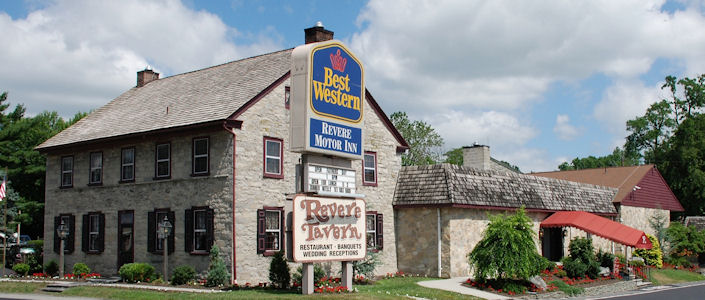 War. I visited a living history museum that portrayed life the way it was in the 1800s and then spent the night in an old coach house (now operated by Best Western) that was a hostel on the road between Philadelphia and Harrisburg back when our country was still just a collection of British colonies. LOTs of great ideas for stories, either historic, time travel or even contemporary.
War. I visited a living history museum that portrayed life the way it was in the 1800s and then spent the night in an old coach house (now operated by Best Western) that was a hostel on the road between Philadelphia and Harrisburg back when our country was still just a collection of British colonies. LOTs of great ideas for stories, either historic, time travel or even contemporary.
XX
 The book I’m currently writing is part of a mystery series, but an experience my sister had appears in the story as part of the plot. When my sister and I were cleaning out my dad’s old woodworking shop she discovered some “unexplained ordinance.” Being pretty sure it did not belong in the dumpster we’d been tossing stuff in, she put in the car and took it to the police station to ask how it should be disposed of properly. As you might imagine, the cops took this very seriously, wouldn’t let her return to her car even to collect her dog, panting in the back seat, until the bomb squad had checked it out. Annoying at the time, it was funny in the telling and I decided it needed to be part of one of my stories.
The book I’m currently writing is part of a mystery series, but an experience my sister had appears in the story as part of the plot. When my sister and I were cleaning out my dad’s old woodworking shop she discovered some “unexplained ordinance.” Being pretty sure it did not belong in the dumpster we’d been tossing stuff in, she put in the car and took it to the police station to ask how it should be disposed of properly. As you might imagine, the cops took this very seriously, wouldn’t let her return to her car even to collect her dog, panting in the back seat, until the bomb squad had checked it out. Annoying at the time, it was funny in the telling and I decided it needed to be part of one of my stories.
XX
 Other stories I’ve written have come straight off the front page of the newspaper. Others involve real life incidents that I had to research after the fact. In Healing a Hero, I needed to have a reason why my hero and heroine would have lost touch after they fell in love while he was on compassionate leave fourteen years earlier. In a world of email and cell phones this was going to be a major challenge, but I’d subscribed to the Marine Times while writing this book because my hero was an active duty Marine currently recovering from injuries and I needed to know what kind of action he might be eager to get back into. And one issue of that paper had a story about a ship that was about to be decommissioned and two men who had served aboard her were interviewed. One was a sailor and the other a Marine. The ship had been in port in Perth Australia and these two men, like most of those who’d been given shore leave, were at a bar downtown when the MPs came rounding up all the sailors and Marines to return to the ship immediately. Such an unusual order had them wondering what was up. Then urgent discussions about the trade center in NY started circulating and the bartender reached up to turn on the TV over the bar just in time for the horrified Americans to watch the North Tower crumble into the ground. The ship they were from had been ordered back to sea and once on it, the orders were for NO COMMUNICATION. Their families would be notified about where they were and that they were okay, but there would be no phone calls, and no emails going out until further notice. My problem of how my hero and heroine had lost touch was answered and much of my plot revolved around that real-life experience.
Other stories I’ve written have come straight off the front page of the newspaper. Others involve real life incidents that I had to research after the fact. In Healing a Hero, I needed to have a reason why my hero and heroine would have lost touch after they fell in love while he was on compassionate leave fourteen years earlier. In a world of email and cell phones this was going to be a major challenge, but I’d subscribed to the Marine Times while writing this book because my hero was an active duty Marine currently recovering from injuries and I needed to know what kind of action he might be eager to get back into. And one issue of that paper had a story about a ship that was about to be decommissioned and two men who had served aboard her were interviewed. One was a sailor and the other a Marine. The ship had been in port in Perth Australia and these two men, like most of those who’d been given shore leave, were at a bar downtown when the MPs came rounding up all the sailors and Marines to return to the ship immediately. Such an unusual order had them wondering what was up. Then urgent discussions about the trade center in NY started circulating and the bartender reached up to turn on the TV over the bar just in time for the horrified Americans to watch the North Tower crumble into the ground. The ship they were from had been ordered back to sea and once on it, the orders were for NO COMMUNICATION. Their families would be notified about where they were and that they were okay, but there would be no phone calls, and no emails going out until further notice. My problem of how my hero and heroine had lost touch was answered and much of my plot revolved around that real-life experience.
XX
 Some ideas come from events in my own life or the lives of family and friends. I’m still trying to figure out how to incorporate the night my sister and I broke into a hotel in Inverness Scotland into a story. (That’s a story for another blog.) But coping with widowhood and becoming a single parent is something I lived through and so it became part of Keeping His Promise. My mother had Alzheimers and I used that experience in the first book in that series, Falling for Zoe. Sometimes we have to go looking for ideas. My cover artist took one look at the photos I posted of my new puppy and started brainstorming ways I could incorporate the pup into my writing so she could create a cover with a dog on it. Or maybe you’re cleaning out your attic and you find a journal someone wrote. Maybe a family member, or perhaps a total stranger, but as you read their words: their thoughts and loves and lives, an idea comes to you for a story, or you realize, with a little twisting of facts you can take that very plot and turn it into fiction.
Some ideas come from events in my own life or the lives of family and friends. I’m still trying to figure out how to incorporate the night my sister and I broke into a hotel in Inverness Scotland into a story. (That’s a story for another blog.) But coping with widowhood and becoming a single parent is something I lived through and so it became part of Keeping His Promise. My mother had Alzheimers and I used that experience in the first book in that series, Falling for Zoe. Sometimes we have to go looking for ideas. My cover artist took one look at the photos I posted of my new puppy and started brainstorming ways I could incorporate the pup into my writing so she could create a cover with a dog on it. Or maybe you’re cleaning out your attic and you find a journal someone wrote. Maybe a family member, or perhaps a total stranger, but as you read their words: their thoughts and loves and lives, an idea comes to you for a story, or you realize, with a little twisting of facts you can take that very plot and turn it into fiction.
XX
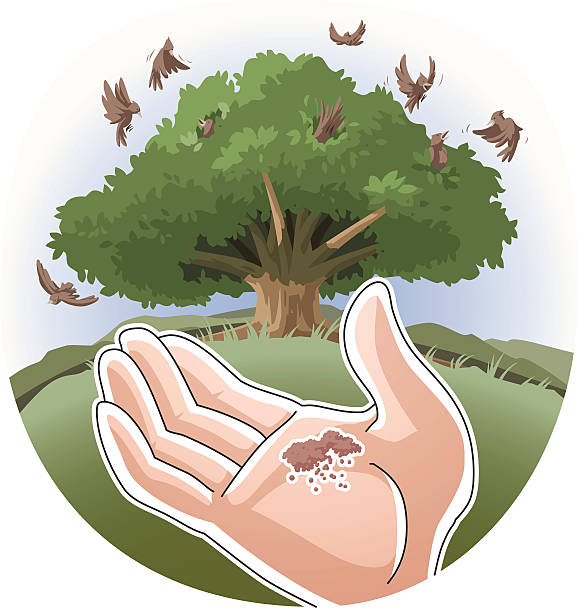 I think most writers start out our stories with just a nugget of an idea. Maybe it was a dream we had, or a story we heard from a neighbor, or, as I’ve suggested, triggered by and event in the news, or even just a funny joke someone told. Maybe it was a photo you came across – the kind that makes you ask what’s going on, or ask questions about the expressions on the people’s faces. But it sticks in our mind and we worry it over like a dog with a bone, looking at it from every angle and considering all the what ifs. Rarely does a plot come to us all fleshed out and ready to write. So, like the mustard seed that starts out so tiny, we plant the idea and water it and eventually it grows into a magnificent tree – a story with characters and a plot and everything one needs to have a grand adventure between the covers of a book.
I think most writers start out our stories with just a nugget of an idea. Maybe it was a dream we had, or a story we heard from a neighbor, or, as I’ve suggested, triggered by and event in the news, or even just a funny joke someone told. Maybe it was a photo you came across – the kind that makes you ask what’s going on, or ask questions about the expressions on the people’s faces. But it sticks in our mind and we worry it over like a dog with a bone, looking at it from every angle and considering all the what ifs. Rarely does a plot come to us all fleshed out and ready to write. So, like the mustard seed that starts out so tiny, we plant the idea and water it and eventually it grows into a magnificent tree – a story with characters and a plot and everything one needs to have a grand adventure between the covers of a book.
XX
So, now you know how I find my ideas – check out how these authors find plots for their books:
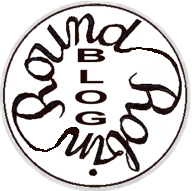 Anne Stenhouse
Anne Stenhouse
Beverley Bateman
Connie Vines
Diane Bator
Dr. Bob Rich
Fiona McGier
Helena Fairfax
Marci Baun
Victoria Chatham
Judith Copek
Rhobin L Courtright